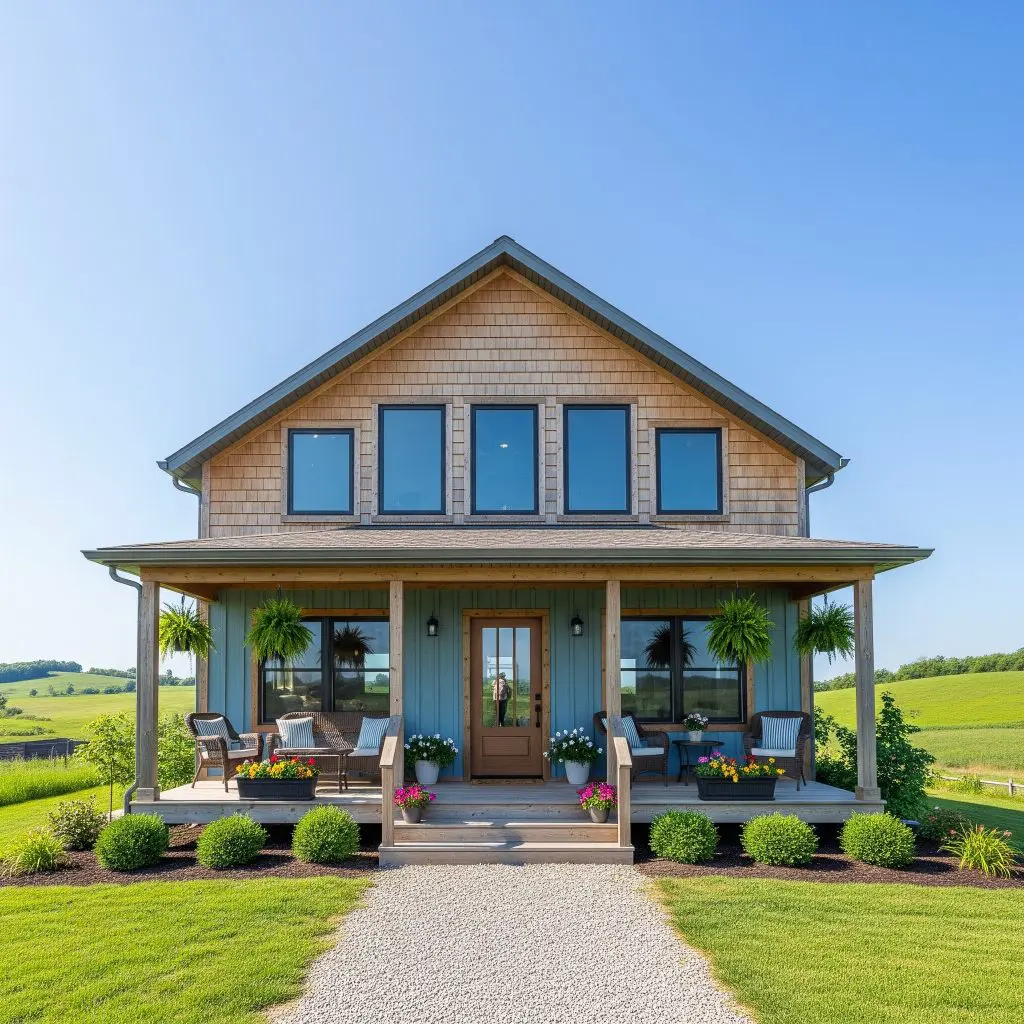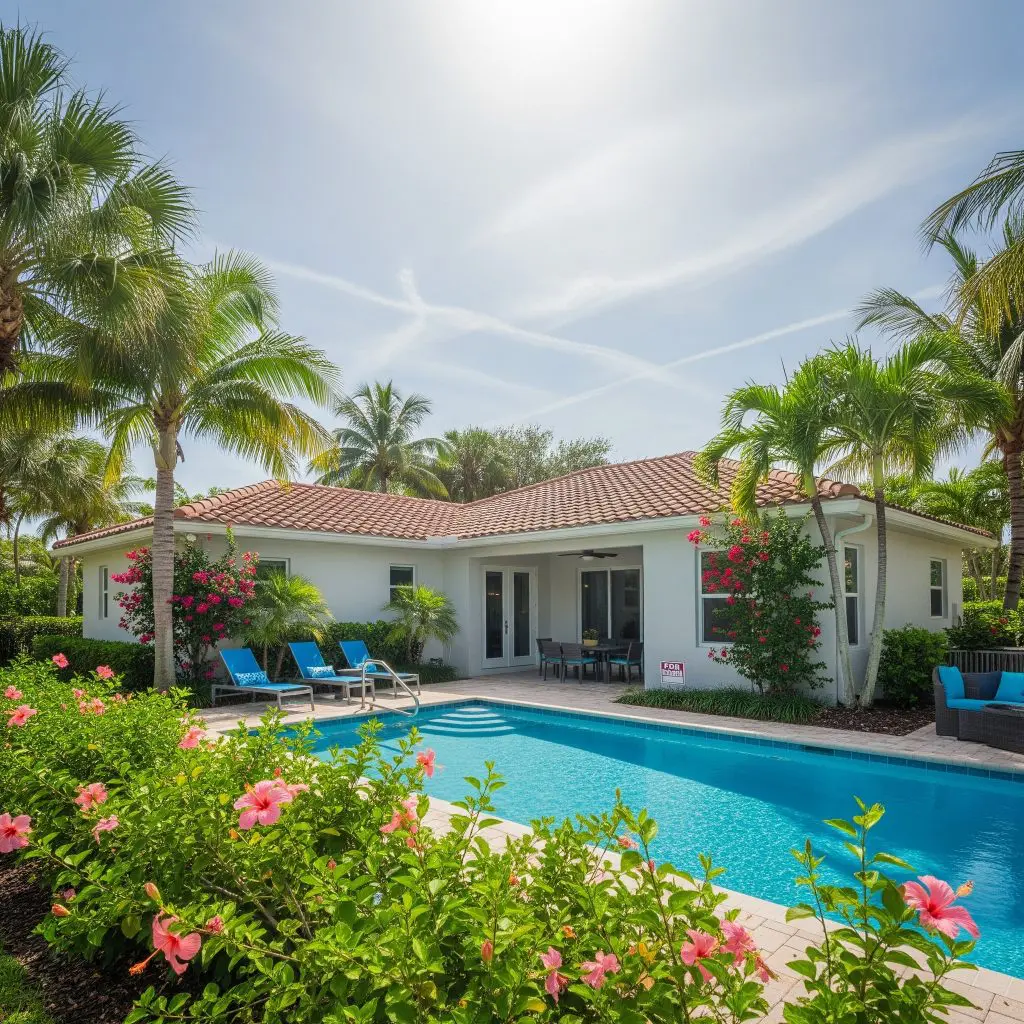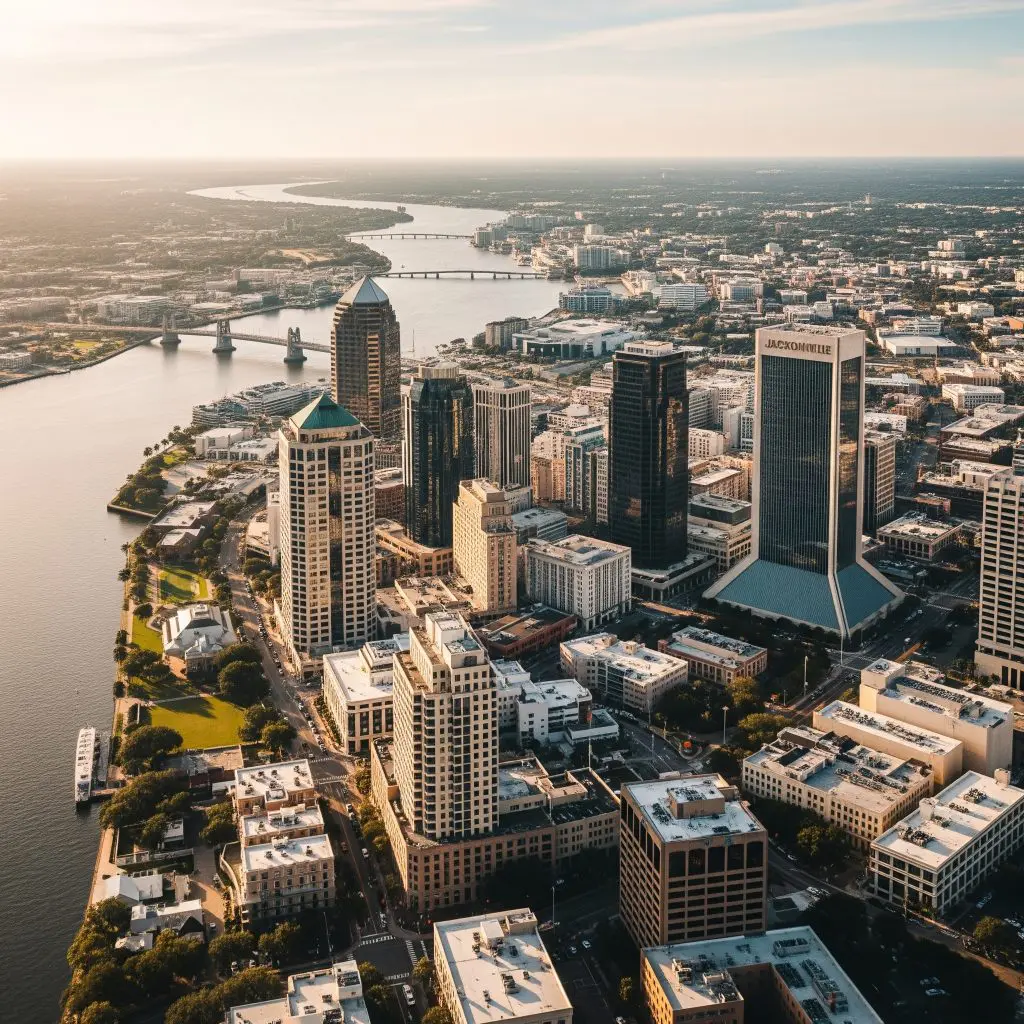Commercial Real Estate Loans in Colorado: 2025 Definitive Guide
Colorado’s booming economy, diverse business ecosystem, and surging population make it one of the most dynamic commercial real estate (CRE) markets in the U.S. in 2025. Whether you’re an investor seeking stabilized office towers in downtown Denver or a developer scouting ground-up construction opportunities in Boulder, understanding Colorado’s evolving CRE lending landscape is vital for closing successful deals.
- Commercial Real Estate Loans in Colorado: 2025 Definitive Guide
- 2025 Colorado CRE Market Overview
- Commercial Mortgages in Colorado: Loan Types and Key Features
- Step-by-Step: The Colorado Commercial Mortgage Application Process
- Loan Terms and Market Comparisons (2025)
- 2025 Colorado CRE Lending Success Stories
- Why Choose Commercial Mortgages for Colorado Properties in 2025?
- Colorado-Specific Considerations for Investors
- Conclusion: Amplify Your Colorado Real Estate Investments With Smart CRE Financing
2025 Colorado CRE Market Overview
With robust in-migration and tech-driven job growth, Colorado’s commercial real estate sectors—office, retail, industrial, and multifamily—are seeing strong demand and competitive loan terms. As of Q2 2025, prime commercial metros include:

- Denver Central Business District (CBD): Top-tier office, mixed-use, and hospitality developments.
- Boulder: Tech hubs, R&D campuses, and boutique retail/multifamily.
- Colorado Springs: Growing logistics, industrial, and multifamily clusters.
- Fort Collins: University-driven development, student housing, and innovation parks.
- Aurora: Major healthcare, distribution, and suburban retail corridors.
- Lakewood/Golden: Niche industrial and suburban office investments.
- Loveland: Mixed-use and medical office developments.
Commercial Mortgages in Colorado: Loan Types and Key Features
Most CRE acquisitions in Colorado are funded through commercial mortgages, favored for their long amortization schedules, fixed or variable rates, and loan-to-value (LTV) options up to 75%. Here’s a 2025 breakdown of core Colorado commercial loan products:
Need capital? GHC Funding offers flexible funding solutions to support your business growth or real estate projects. Discover fast, reliable financing options today!
Test Your Expertise: The Complexities of the 1031 Exchange

As a sophisticated real estate investor, you understand that the 1031 Exchange is a cornerstone strategy for tax deferral and wealth accumulation. But beyond the basics, the intricacies of the 1031 Exchange rules can pose significant challenges. This quiz is designed to test your in-depth knowledge and highlight critical nuances that separate casual investors from true experts in 1031 Exchange transactions.
Instructions: Choose the best answer for each question.
⚡ Key Flexible Funding Options
GHC Funding everages financing types that prioritize asset value and cash flow over lengthy financial history checks:
-
Bridge Loans: These are short-term loans used to "bridge the gap" between an immediate need for capital and securing permanent financing (like a traditional loan or sale). They are known for fast closing and are often asset-collateralized, making them ideal for time-sensitive real estate acquisitions or value-add projects.
-
DSCR Loans (Debt Service Coverage Ratio): Primarily for real estate investors, these loans are underwritten based on the property's rental income vs. debt obligation ($\text{DSCR} = \text{Net Operating Income} / \text{Total Debt Service}$), not the borrower's personal income or tax returns. This offers flexibility for those with complex finances.
-
SBA Loans: The Small Business Administration (SBA) guarantees loans offered by partner lenders. While providing excellent terms (long repayment, lower rates), the application process is typically slower than private/bridge funding, often making them less suitable for immediate needs. SBA eligibility heavily relies on the DSCR metric for repayment assessment.
🌐 Learn More
For details on GHC Funding's specific products and to start an application, please visit their homepage:
The Ultimate DSCR Loan for Rental Property Quiz

Are you looking to expand your real estate investment portfolio? A DSCR loan might be the perfect tool to help you achieve your goals without relying on traditional income documentation. Test your knowledge with this quiz to see if you're ready to master the intricacies of a DSCR loan for rental property.
- Permanent Commercial Mortgages: 5, 7, 10, or 30-year terms, commonly used for stabilized assets. Interest rates (2025): 6.1%–7.5%, typically amortized over 20-25 years.
- SBA 504 & 7(a) Loans: Ideal for owner-occupied properties. SBA 504 rates (2025): as low as 5.75% with 10–25-year amortizations.
- CMBS (Commercial Mortgage-Backed Securities): Fixed-rate, non-recourse loans from $2M+, used for income-generating properties.
- Local and Regional Banks: Often the initial point of contact for small to mid-size transactions ($500K–$10M).
Key Colorado Commercial Lenders in 2025
- FirstBank Colorado
- Vectra Bank Colorado
- U.S. Bank (Denver and statewide CRE division)
- Independent Financial
- Bank of Colorado
- Pinnacle Bank
Step-by-Step: The Colorado Commercial Mortgage Application Process
- Initial Consultation: Discuss project scope, property type, location, and financing goals with your lender.
- Prequalification: Lender reviews sponsor experience, net worth, and liquidity. Typical requirements: minimum credit score of 680+ and substantial cash reserves.
- Property Underwriting: Submit detailed rent rolls, operating statements, purchase/sale agreements, and property appraisal orders.
- Term Sheet Issuance: Lender outlines preliminary loan structure, rates, fees, and closing timeline.
- Due Diligence: Lender conducts credit/background checks, confirms property value, and reviews third-party reports (appraisal, environmental, engineering).
- Loan Approval and Commitment: Final credit approval followed by issuance of formal commitment letter.
- Closing: Execution of loan documents, funding, and property transfer. Typical timeline: 45–75 days from application to closing for permanent mortgages in Colorado.
Loan Terms and Market Comparisons (2025)
| Property Type | Interest Rate (2025 Avg.) | LTV | Amortization | Typical Loan Size |
|---|---|---|---|---|
| Office | 6.40–7.00% | 65–70% | 20–25 yrs | $1M–$10M |
| Retail | 6.60–7.80% | 65–75% | 20–25 yrs | $750K–$8M |
| Industrial | 6.25–7.10% | 70–75% | 20–25 yrs | $500K–$5M+ |
| Multifamily (5+ units) | 5.95–6.85% | 75–80% | 25–30 yrs | $1M–$20M |
2025 Colorado CRE Lending Success Stories
- Denver LoDo Office Redevelopment: Private investor secured a $3.8M FirstBank commercial mortgage at 6.2% for a mixed-use office project; 70% LTV with a 7-year fixed term, funding major lobby and amenity upgrades.
- Boulder Multifamily Acquisition: Developer closed a $2.7M CMBS loan via U.S. Bank at 6.1% fixed, 25-year amortization, non-recourse, facilitating the purchase of a 14-unit energy efficient apartment complex.
- Colorado Springs Distribution Center: Industrial group leveraged a $6.2M Bank of Colorado mortgage (68% LTV), 10-year term, enabling expansion into a last-mile logistics hub with a strong tenant roster.
- Lakewood Retail Strip Center: Owner-operator secured an SBA 504 loan of $1.1M through Vectra Bank Colorado at 5.80% (25-year amortization), supporting minority business expansion and local employment.
Why Choose Commercial Mortgages for Colorado Properties in 2025?
- Competitive Rates: Relative to historic norms, 2025’s rates remain attractive, especially for experienced sponsors.
- Stabilized Cash Flow: Favorable for rent-producing properties in prime submarkets such as Denver Tech Center and Boulder Junction.
- Non-Recourse Options: CMBS and agency loans can limit personal liability for qualified deals.
- Flexible Amortizations: Extended payback schedules help preserve property cash flows during lease-up or repositioning.
Colorado-Specific Considerations for Investors
- Green Building Standards: Many local lenders reward LEED or Energy Star designs with better rates or higher LTVs.
- Environmental Due Diligence: Stringent requirements in Colorado, especially for historic or redeveloped sites—Phase I ESA reports are mandatory.
- Zoning and Entitlements: Rapidly evolving, particularly in Boulder and Denver. Always verify property use and density before commitment.
Tips for Securing the Best Loan in 2025
- Prepare full financial statements and property documents upfront to shorten underwriting timelines.
- Collaborate with local CRE brokers and leverage up-to-date comparables for stronger appraisals.
- Build relationships with top Colorado lenders—repeat borrowers often enjoy expedited processing and preferential pricing.
- Assess both local bank and national lender options for deals above $5M.
Conclusion: Amplify Your Colorado Real Estate Investments With Smart CRE Financing
With a diverse and growing economy, Colorado remains a prime destination for commercial property investment in 2025. Choosing the right commercial mortgage partner—and understanding statewide lending trends—will position you for sustainable, long-term success. Whether you’re expanding your multifamily holdings in Fort Collins or acquiring prime office assets in Denver, leveraging current market insights and lender relationships is the key to unlocking profitable opportunities.
Consult with one of Colorado’s leading lenders today to discuss your next commercial real estate investment, or request a custom quote tailored to your project’s needs.
Get a No Obligation Quote Today.
✅ Small Business Resources
-
SBA – Small Business Administration
https://www.sba.gov - SCORE Mentors (Free Mentoring & Workshops)
https://www.score.org - Small Business Development Centers (SBDC)
https://americassbdc.org
Are You an SBA Real Estate Loan Expert?

Test your in-depth knowledge on using SBA Loans for owner-occupied commercial Real Estate acquisition. These questions delve into the critical details that can impact your business's growth and financial strategy.


